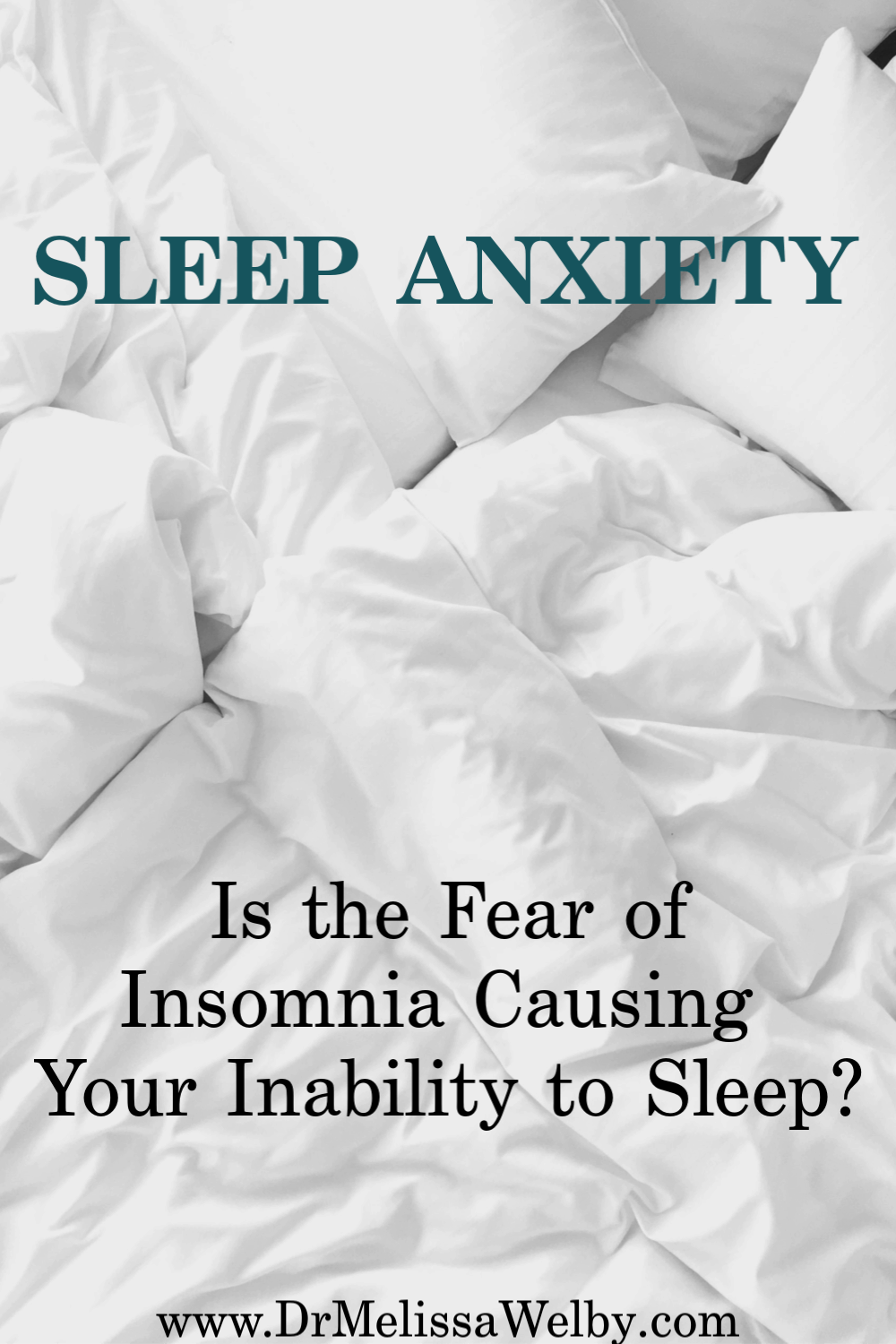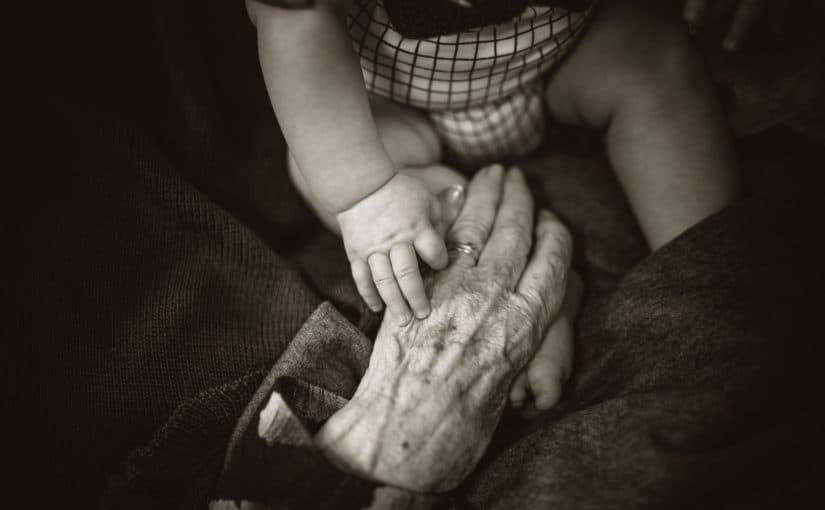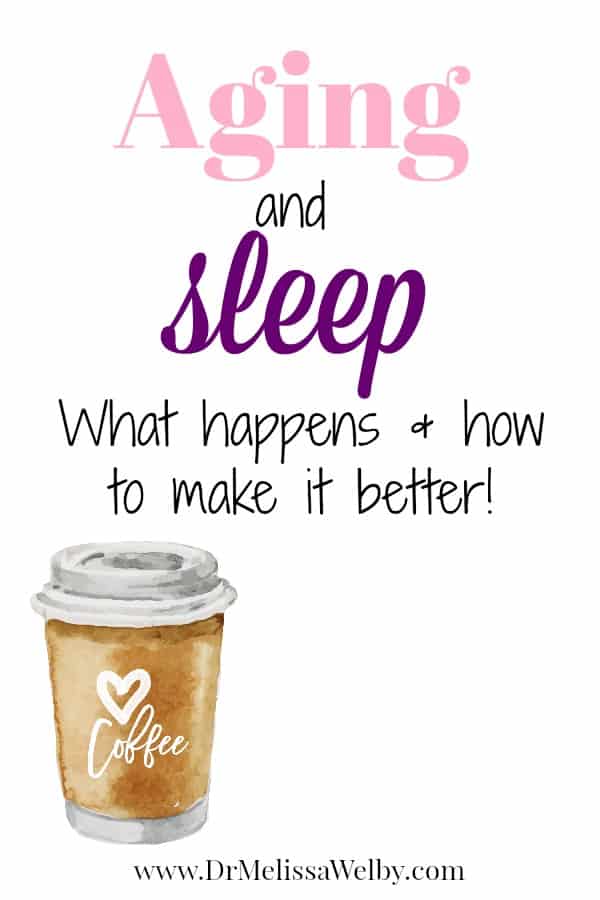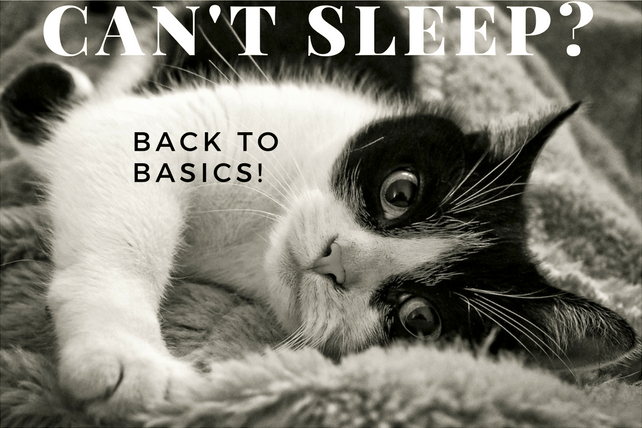Is the fear of insomnia causing your inability to sleep? In some people, insomnia can begin abruptly after one bad night of sleep. From there, sleep anxiety develops and becomes a nightly pattern. Worry builds as bedtime approaches, and by the time someone gets into bed, they are so worked up, they can’t fall asleep. The fear of not being able to sleep ends up driving insomnia.
After this lousy night of sleep, a negative association develops, and sleep begins to be linked with insomnia. I like this definition of negative association:






